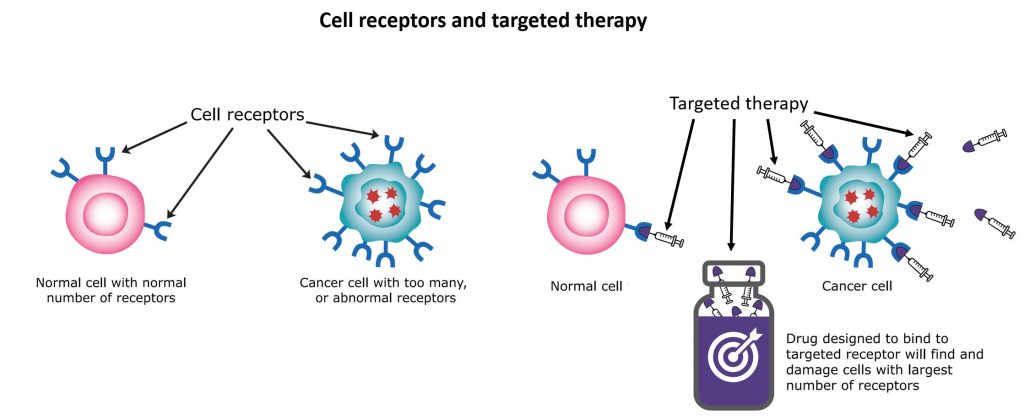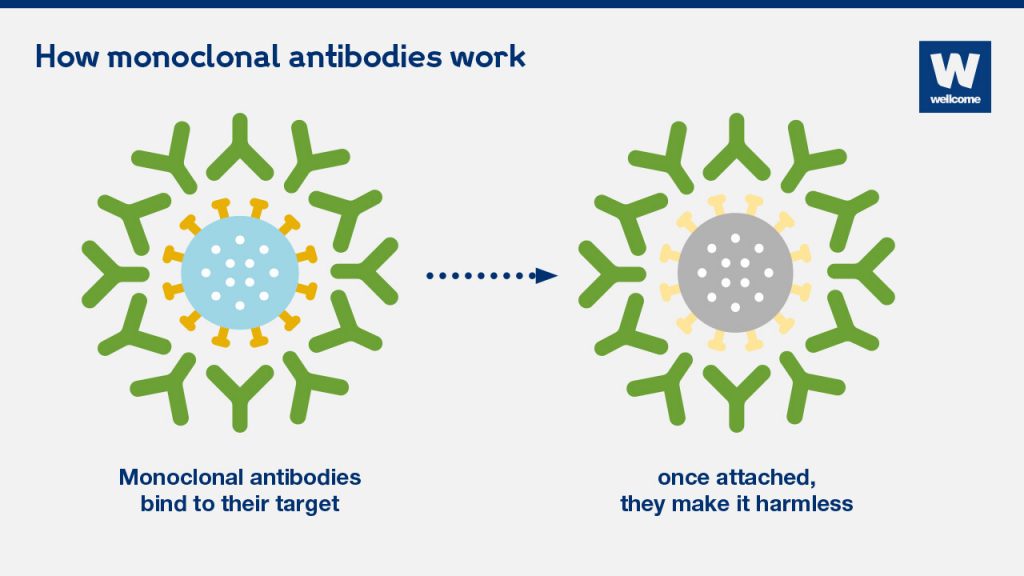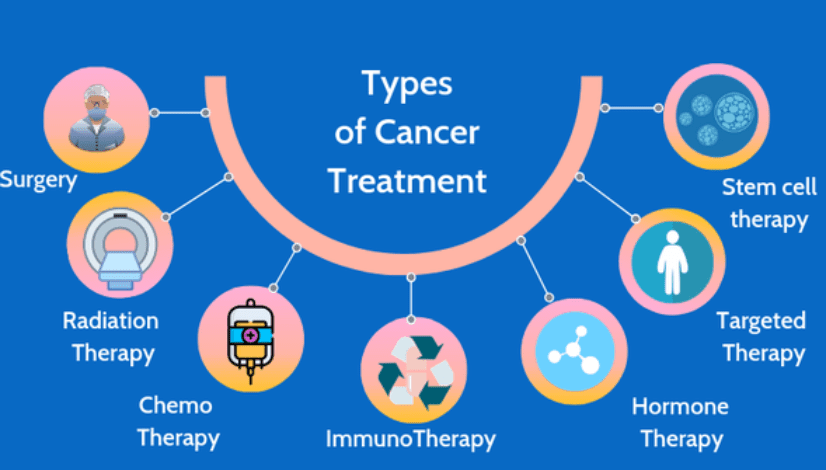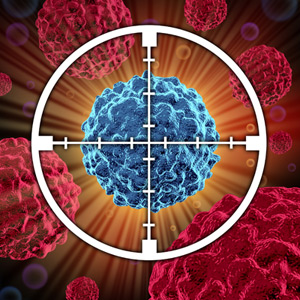Definition of Targeted Therapy
Targeted therapy is a type of cancer treatment that uses drugs or other substances to target specific genes or proteins that are involved in the growth and spread of cancer cells. It is a type of personalized medicine, as it is designed to target specific abnormalities in the cancer cells of each patient. The goal of targeted therapy is to block the growth and spread of cancer cells while minimizing the damage to normal cells, which can help to reduce the side effects of treatment.

What are the different types of targeted therapy?
There are several different types of targeted therapies that are used to treat cancer, including monoclonal antibodies, tyrosine kinase inhibitors, and small molecule inhibitors. Monoclonal antibodies are proteins that are designed to bind to specific proteins or cells in the body, and they can be used to target cancer cells or to help the immune system recognize and attack cancer cells. Tyrosine kinase inhibitors are drugs that block the activity of certain enzymes called tyrosine kinases, which are involved in the growth and survival of cancer cells. Small molecule inhibitors are drugs that block the activity of specific proteins or enzymes that are involved in the growth and spread of cancer cells.
How does targeted therapy work to treat cancer?
Targeted therapy works by targeting specific abnormalities in cancer cells that are involved in the growth and spread of the cancer. These abnormalities can include mutated genes, overexpressed proteins, or other changes that allow the cancer cells to grow and survive. By targeting these abnormalities, targeted therapies can block the growth and spread of cancer cells while minimizing the damage to normal cells, which can help to reduce the side effects of treatment.

Targeted therapies are often used in combination with other cancer treatments, such as chemotherapy, radiation therapy, or surgery. This can help to improve the effectiveness of treatment and increase the chances of a positive outcome. In general, targeted therapies have shown great promise in the treatment of many types of cancer, including breast cancer, lung cancer, and leukemia. However, further research is needed to optimize the use of these therapies and to understand their long-term safety and effectiveness.

In addition to traditional targeted therapies, there is also growing interest in the use of nanotechnology for drug delivery in cancer treatment. This includes the use of nanoparticles, such as titanium nanoparticles, to deliver drugs directly to cancer cells. These nanoparticles can be functionalized with specific molecules that allow them to target specific types of cancer cells, such as tumor-associated antigens or receptors. Once the nanoparticles have bound to the target cells, the drugs carried by the nanoparticles can be released, leading to the death of the cancer cells.
Targeted therapies have shown great promise in the treatment of many types of cancer, including breast cancer, lung cancer, and leukemia. However, further research is needed to optimize the use of these therapies and to understand their long-term safety and effectiveness. Despite the challenges, targeted therapy is an exciting area of research that holds promise for improving the treatment of cancer and other diseases.





